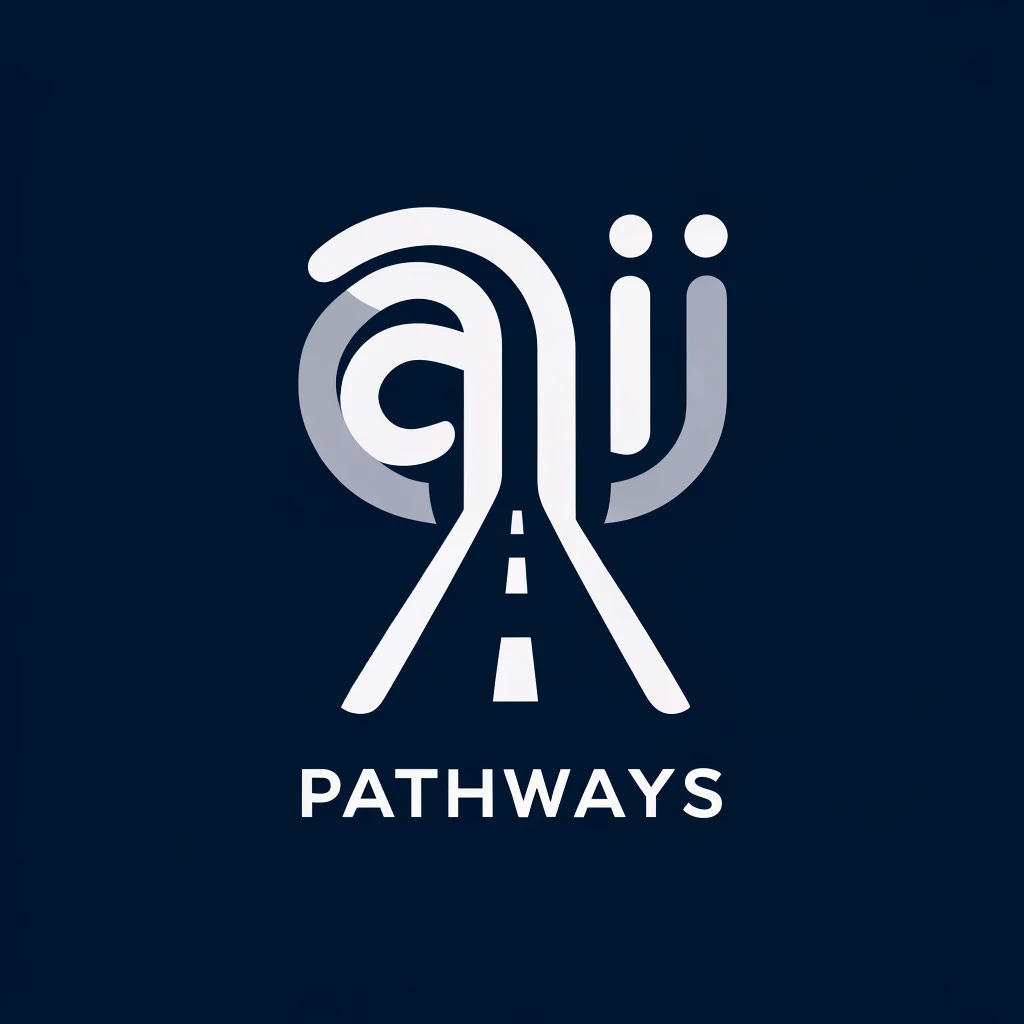New Book Announcement: A Teacher-Led Transformation
Mike Kentz and I are pleased to announce the publication of a pragmatic guide to AI-implementation and integration on Amazon on Oct. 30.
Exciting news! Our e-book just launched on Amazon (October 29, 2024).
We'd love to hear your thoughts after you've had a chance to read it.
Find it here!!!
A New Collaboration
This past Spring, I came across an important piece by
about his use of AI in literature classrooms. Mike's fresh, intelligent approach resonated with me, as he strives to move beyond the hype and answer two crucial questions: (1) Can AI actually help students? and (2) If so, how is it changing the nature of education? Mike, a former journalist, writes with a cautious optimism that aligns with my enthusiastic pragmatism. While we don't agree on every point—our perspectives are constantly evolving with the technology and educational landscape—we found enough common ground to begin a productive intellectual partnership.Mike proposed the idea of writing a manuscript together, which quickly ignited my enthusiasm. We established a framework and deadlines, working throughout the summer on the book we're about to share: "AI in Education: A Roadmap for Teacher-Led Transformation." This book offers a pragmatic vision for responding to AI in a nuanced, classroom-tested, research-based manner. While no one has all the answers for AI implementation and integration, we offer insights that emerged from our experiences as educators and our extensive network, tested through iteration and real-world application.
Check out Mike’s Substack:
Table of Contents: AI in Education: A Roadmap for Teacher-Led Transformation
Chapter 1: AI, Education, and the Five Stages of Grief (Mike Kentz)
Chapter 2: AI's Impact on Existing Educational Challenges (Nick Potkalitsky)
Chapter 3: From Tech-Driven to Teacher-Led Transformation (Nick Potkalitsky)
Chapter 4: Developing AI Literacy Among Faculty: A Comprehensive Guide (Mike Kentz)
Chapter 5: Designing an AI-Responsive Writing Curriculum Focused on Voice (Nick Potkalitsky)
Chapter 6: Transforming Challenges into Opportunities: A Process-Based Assessment Approach for the Age of AI "Stop Grading Essays, Start Grading Chats" (Mike Kentz)
Conclusion: A Balanced Approach for Administrators (Mike Kentz and Nick Potkalitsky)
Key Themes from Our Book
Understanding AI's Impact
We begin our analysis by characterizing AI as a catalyst—intensifying existing problems in today's schools while also introducing potential solutions. We've carefully chosen "adaptation" as our key concept for moving forward. This doesn't mean compromising hard-won values or battle-tested truths, but rather discovering strategic redeployments and alternative methodologies that can guide us towards a more balanced relationship with these new tools.
From Tech-Driven to Teacher-Led Transformation
The path forward requires a teacher-first approach. Teachers are not passive adopters of AI; they are the architects of learning, bringing creativity, context, and care that AI cannot replicate. They must be equipped with the time, resources, and support to lead this transformation. This inside-out approach—where educators drive the change, supported by AI—is key to ensuring that AI benefits both educators and students.
Developing AI Literacy
To use AI effectively, you don't need to understand the intricacies of predictive analytics, machine learning, or neural networks. What you do need are the skills to engage with AI tools—especially LLMs—in a thoughtful and reflective manner. We propose splitting AI skills across disciplines to help teachers feel less overwhelmed and more capable in their quest for AI Literacy.
Designing an AI-Responsive Writing Curriculum
We propose a writing curriculum that emphasizes the concept of voice, conceptualized as agency, expression, and creativity. This approach not only engages students more deeply but also empowers them to develop their unique perspectives and communicate effectively. We introduce the I-Search essay and explore James Phelan's rhetorical narratology as frameworks for developing student voice in the age of AI.
Transforming Challenges into Opportunities
We present a novel method of student evaluation that leverages the increasing push for "process-based" assessment strategies. This approach uses the transcripts of student interactions with AI as a potential grading and learning tool. It's not just about building AI Literacy or preparing students for an AI-dominated world. It also, in the right context, provides opportunities for analysis of student communication, critical thinking and creativity.
Navigating the Emotional Landscape
We acknowledge that AI's presence in schools is disruptive and requires a response that considers broader emotional and psychological concerns. We're dealing with several generations of accumulated difficulties and frustrations. While the news cycle demands immediate responses from educators and administrators, we advocate for a more human approach: pausing to assess our current emotional state and our ability to carry out the work we're called to do.
Conclusion: Practical Transformation Starts with People
The task ahead is monumental, but the path forward is clear: practical transformation in education must be led by people, not technology. Teachers are the key to unlocking AI's potential, serving students by combining their creativity and insight with AI's capabilities. By creating environments rich with time, space, and support, we can transform education in sustainable, student-centered ways.
Schools of the future will not be defined solely by their technology but by their ability to amplify human intelligence. Teachers will lead the way, shaping creative, responsive, and purpose-driven approaches to teaching and learning. With this action plan, we can build technologically advanced yet meaningful places of learning, where students and teachers alike pursue knowledge, creativity, and growth. AI will be a tool for human flourishing, creating deeper learning that prepares students for the challenges and opportunities of tomorrow.
Nick Potkalitsky, Ph.D.
"AI in Education: A Roadmap for Teacher-Led Transformation" will be available as an e-book on Amazon starting October 30, 2024. Join us on this journey to reshape education in the age of AI.
Check out some of my favorite Substacks:
Terry Underwood’s Learning to Read, Reading to Learn: The most penetrating investigation of the intersections between compositional theory, literacy studies, and AI on the internet!!!
Suzi’s When Life Gives You AI: An cutting-edge exploration of the intersection among computer science, neuroscience, and philosophy
Alejandro Piad Morffis’s Mostly Harmless Ideas: Unmatched investigations into coding, machine learning, computational theory, and practical AI applications
Amrita Roy’s The Pragmatic Optimist: My favorite Substack that focuses on economics and market trends.
Michael Woudenberg’s Polymathic Being: Polymathic wisdom brought to you every Sunday morning with your first cup of coffee
Rob Nelson’s AI Log: Incredibly deep and insightful essay about AI’s impact on higher ed, society, and culture.
Michael Spencer’s AI Supremacy: The most comprehensive and current analysis of AI news and trends, featuring numerous intriguing guest posts
Daniel Bashir’s The Gradient Podcast: The top interviews with leading AI experts, researchers, developers, and linguists.
Daniel Nest’s Why Try AI?: The most amazing updates on AI tools and techniques
Riccardo Vocca’s The Intelligent Friend: An intriguing examination of the diverse ways AI is transforming our lives and the world around us.
Jason Gulya’s The AI Edventure: An important exploration of cutting edge innovations in AI-responsive curriculum and pedagogy.






Congratulations, Nick and Mike! Wow! 👏🏼